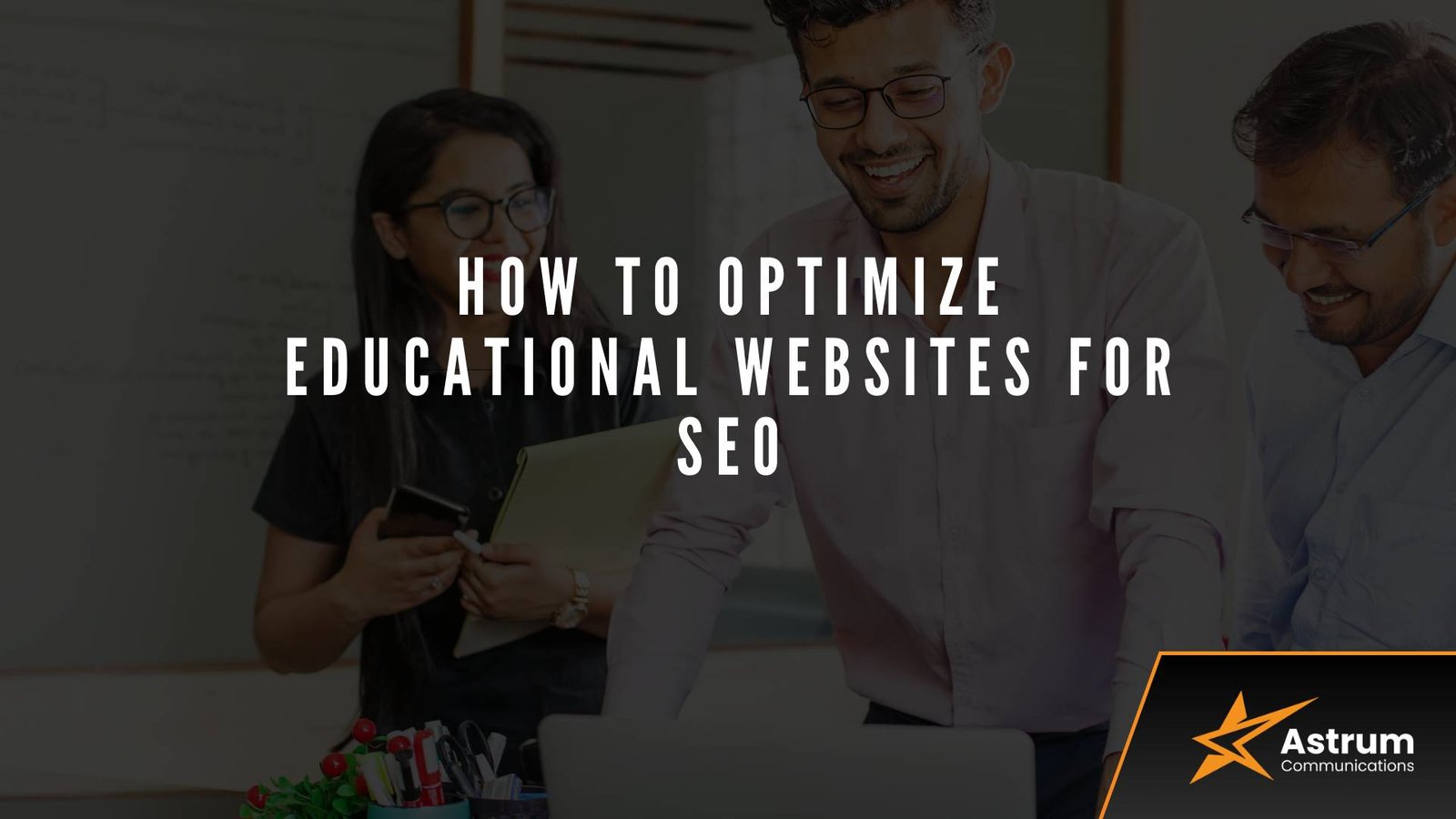This introduction provides a foundational understanding of SEO for educational websites. By prioritizing topical authority and optimizing for relevant entities, educators can enhance visibility and engagement, ensuring valuable content reaches the right audience effectively. Explore strategies to improve search engine rankings and drive organic traffic to your educational resources.
Table of Contents
ToggleConducting Keyword Research for Courses and Programs
Conducting keyword research for courses and programs is essential for optimizing educational websites for SEO. Start by identifying relevant topics related to your courses, focusing on the questions and needs of prospective students. Use tools to discover keywords that have a balance of search volume and competition, ensuring they align with your institution’s strengths and offerings. Pay attention to related entities and concepts, as this supports topical authority, showing search engines that your site is a credible source. Once keywords are gathered, integrate them thoughtfully into your website content, including course descriptions, FAQs, and blog posts. This approach enhances visibility in search results, drawing more potential students to your offerings and boosting your educational institution’s online presence.
Optimizing Course Pages with Titles, Meta Descriptions, and Headers
Optimizing course pages is crucial for enhancing the visibility of educational websites in search engines. Start by crafting clear and descriptive titles that reflect the course content and include relevant keywords. Next, write concise meta descriptions that summarize the page’s purpose and entice users to click through. Use headers strategically to organize content logically, making it easier for both users and search engines to navigate the information. By focusing on topical authority, ensure that the content is comprehensive, addressing various aspects of the subject matter. Entity SEO, which emphasizes the contextual relevance of topics, can further improve how search engines understand the relationships between concepts. Together, these strategies create a well-structured course page that appeals to users and ranks higher in search results.
Creating Content Around Educational Guides and Career Paths
Creating content around educational guides and career paths is essential for optimizing educational websites for SEO. By focusing on specific topics and addressing the needs of learners and job seekers, you enhance your site’s relevance and authority in search engines. This involves developing comprehensive guides that detail various career paths, including required skills, potential job opportunities, and growth prospects.
Incorporating keywords related to education and careers helps search engines better understand your content’s context. Additionally, using structured formats such as FAQs, infographics, and step-by-step guides can improve user engagement and dwell time. By consistently publishing high-quality, relevant content, your site can build topical authority, making it a trusted resource for both educators and students. Ultimately, this approach not only attracts organic traffic but also contributes to a positive user experience.
Using Internal Links to Connect Relevant Course and Blog Pages
Using internal links to connect relevant course and blog pages is a vital strategy for optimizing educational websites for SEO. By establishing clear pathways between related content, you enhance user experience and help search engines understand your site’s structure and topics. This practice contributes to topical authority, as it signals to search engines that your site covers specific subjects in depth. When visitors can easily navigate between courses and related blog articles, they are more likely to engage longer, improving metrics like bounce rate and session duration. Additionally, strategically placed internal links can lead to higher visibility in search results, directing more traffic to your core offerings. Ultimately, a well-connected site creates a seamless educational journey for users while boosting its overall SEO performance.
Improving Site Speed and Mobile Usability for Better User Experience
Improving site speed and mobile usability is essential for enhancing user experience and optimizing educational websites for SEO. Fast-loading pages reduce bounce rates and keep users engaged, allowing them to access content seamlessly. Mobile usability is equally crucial, as a significant number of users access educational resources via smartphones and tablets. Prioritizing responsive design and intuitive navigation ensures that all visitors, regardless of device, can easily find information.
Incorporating relevant keywords and structured data can help reinforce topical authority, making it easier for search engines to understand your content’s context. This, along with quality educational materials, enhances your site’s visibility and credibility, driving more traffic. By focusing on these aspects, educational websites can create a more user-friendly environment while improving SEO performance and attracting a broader audience.
Building Backlinks from Educational Blogs and Websites
Building backlinks from educational blogs and websites is a key strategy for improving SEO. When your website is linked to authoritative educational sources, it signals to search engines that your content is credible and relevant. To optimize your outreach, focus on creating valuable, informative content that aligns with topics covered by these educational sites. This approach not only enhances your topical authority but also helps establish your website as an entity in your niche. Engaging with educational institutions, offering guest posts, and participating in academic discussions can provide opportunities to earn valuable backlinks. By prioritizing quality interactions and relevant content, you can effectively strengthen your website’s authority and visibility in search engine results.
Using Google Analytics to Track Traffic and Adjust SEO Strategy
Using Google Analytics to track traffic is essential for optimizing educational websites for SEO. By examining user behavior and traffic sources, you can identify which content resonates with your audience and where improvements are needed. Focus on metrics like page views, bounce rates, and session duration to understand content effectiveness.
Adjust your SEO strategy based on this data by enhancing pages that attract visitors and updating less successful content. Emphasizing topical authority, create in-depth articles around specific subjects, linking related content to establish credibility. Additionally, entity SEO involves optimizing for relevant topics and entities, improving search visibility. Regularly analyzing Google Analytics will help you refine your approach, ensuring your educational website remains accessible and informative to users while ranking higher in search results.
Conclusion
In conclusion, conducting keyword research for courses and programs is essential for enhancing the visibility of educational websites. By focusing on relevant topics and building your site’s authority around these keywords, you can attract more prospective students. Optimizing your content to match user intent will also contribute to a better user experience. For tailored strategies to improve your educational platform’s SEO, consider reaching out to Astrum Communications for expert guidance and support.


